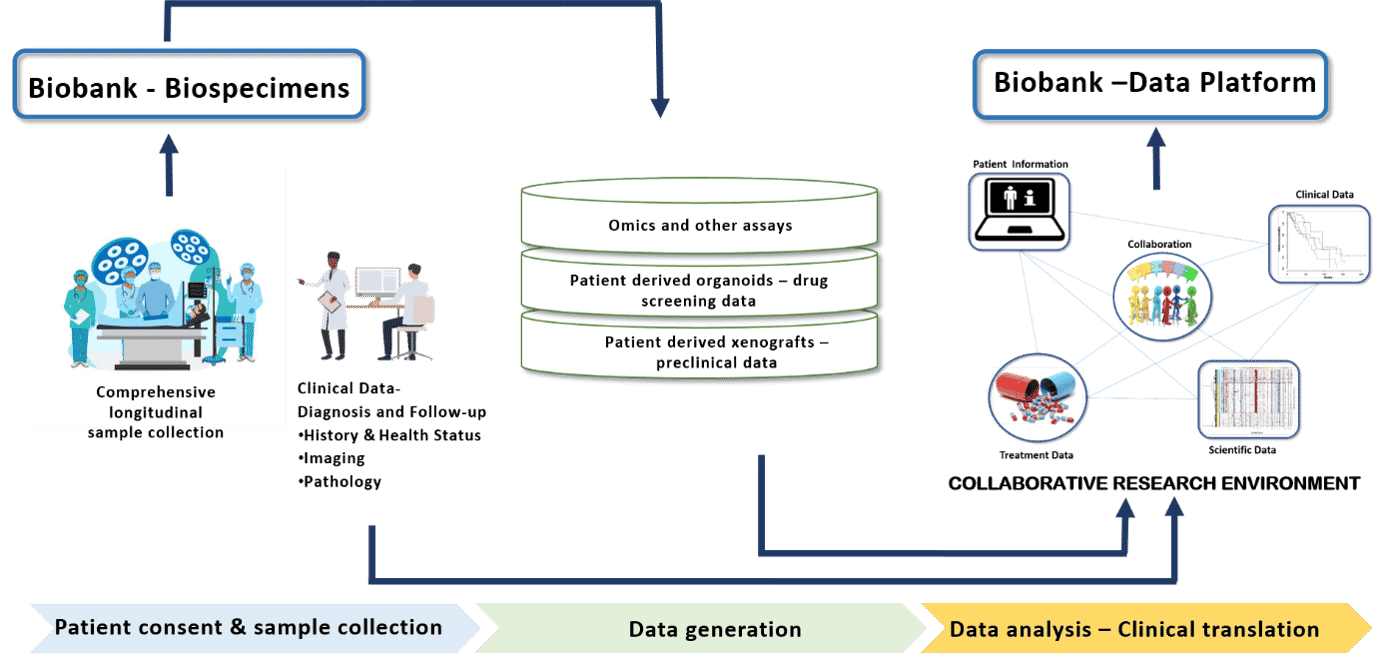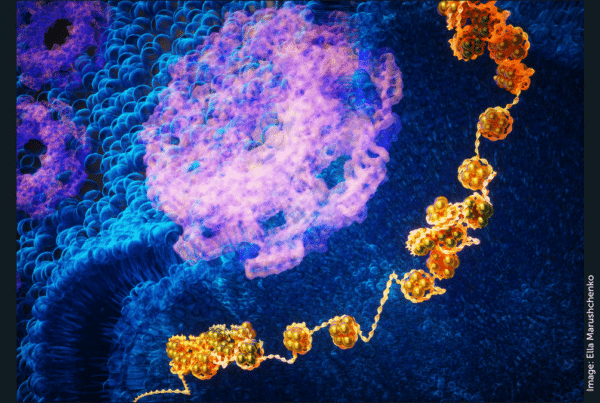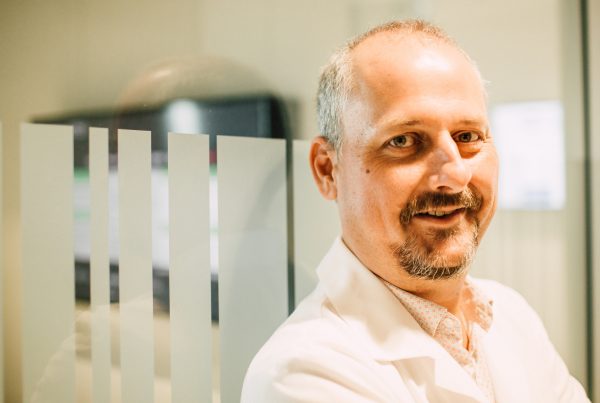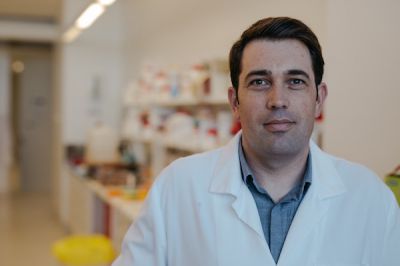Scientists find way to wipe a cell’s memory to better reprogram it as a stem cell
Read More
The Translational Cancer Research Program is focused on developing research infrastructure to translate laboratory discoveries into new cancer treatments and medicines. Through collaboration and engagement, we are constructing a pipeline that includes a cancer tissue biobank, platforms for the generation of research data and a digital environment to analyse, capture and share integrated research and clinical data. The Perkins Cancer Biobank became operational in 2020 and we are now collecting tumour samples in collaboration with Surgeons, Oncologists and Pathologists across several Perth hospitals. These samples are being analysed using state of the art omics technologies (including genomics, single cell sequencing, metabolomics, proteomics) to provide detailed molecular characterisation of individual cancers. We are also developing preclinical models including cancer organoids, slice cultures and improved in vivo laboratory models to evaluate immunotherapy drugs more accurately. These laboratory models are being used to assess new treatments as well as new combination therapies.
This infrastructure will facilitate improved preclinical assessment of new cancer medicines, resulting in greater success rates for clinical trials and better outcomes for cancer patients. In addition, these data will advance the development of novel biomarkers needed to better monitor pharmacodynamics, predict response and resistance to specific drugs as well as enable better stratification of target populations.
Capabilities:
I. Perkins Cancer Biobank
II. Phenomics Australia In Vitro Node – Organoid production
III. In vivo preclinical cancer models



